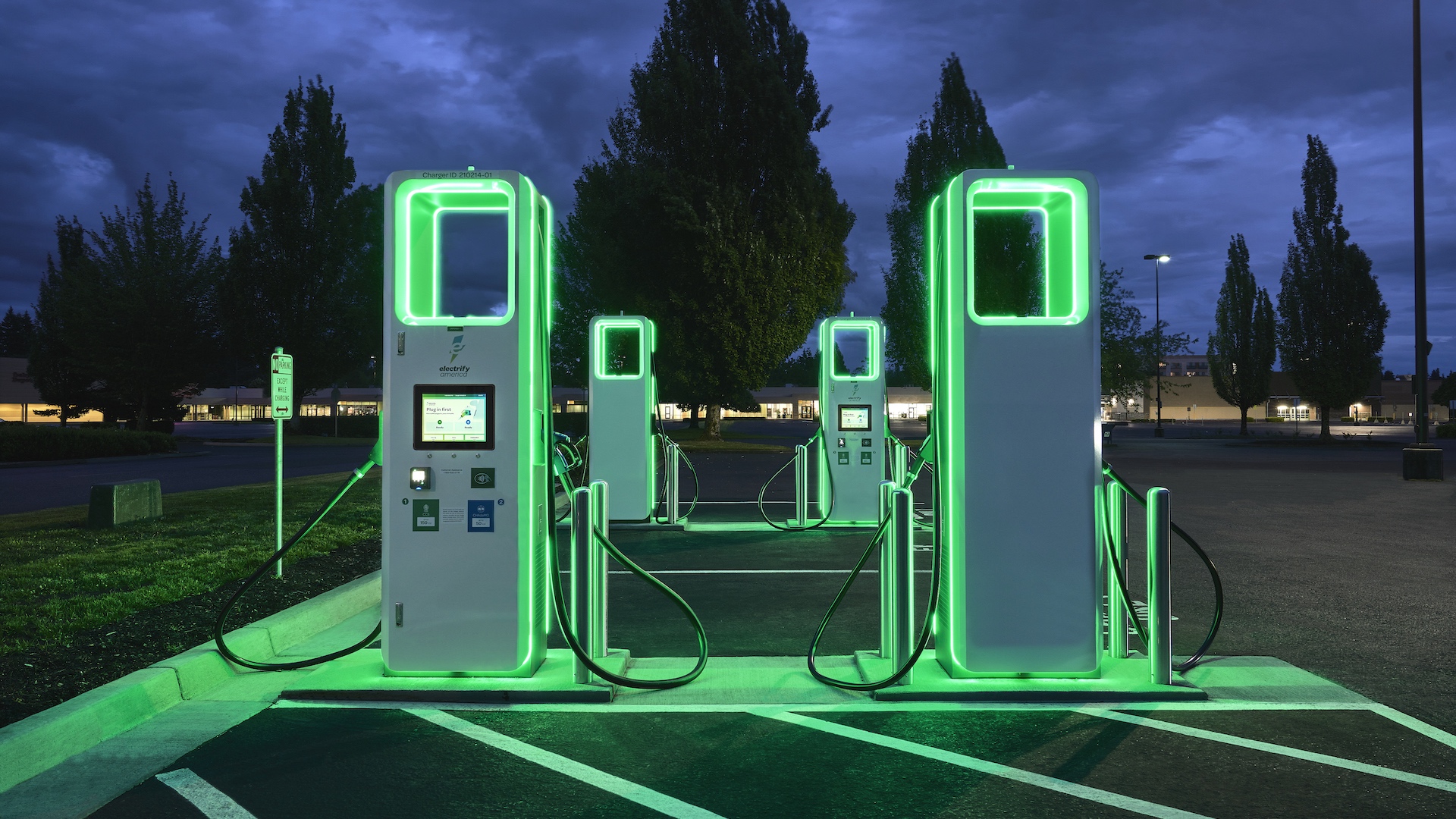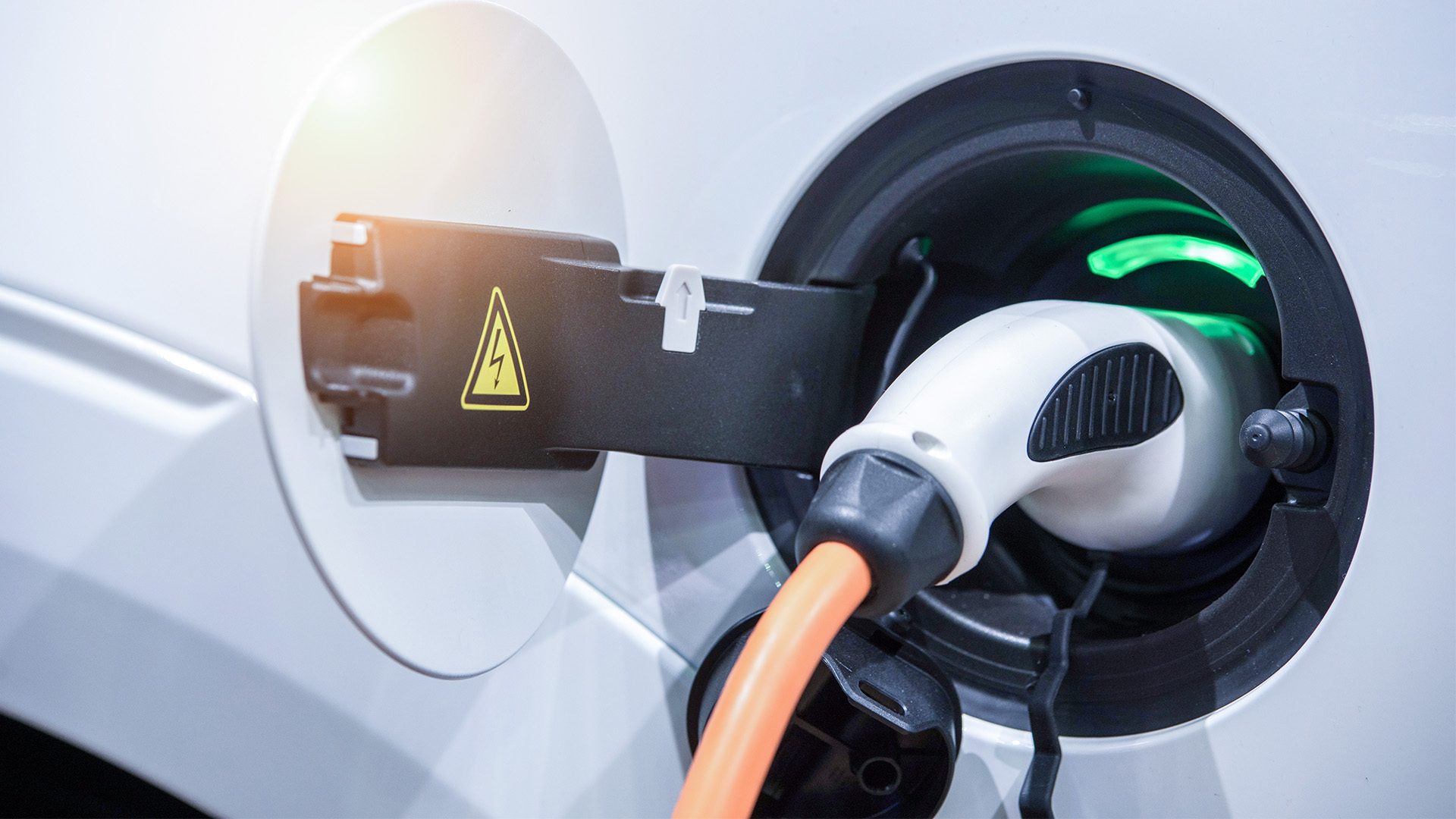

Technology is a beast that never stops evolving. Just when you think the latest and greatest is enough—bam! There’s something new that causes a chain reaction, sometimes rendering dated tech unusable.
In December, we told you about how the upcoming sunset of 3G cellular networks was about to screw many connected cars on the road. Well, it turns out that isn’t the only part of the auto industry affected by the change. In fact, the telecom transition has another twist, and it affects some of the charging stations meant to power the onslaught of electric cars.
To recap what’s happening, telecom providers are officially saying goodbye to the 3G cellular spectrum by shutting off the remaining towers that still broadcast 3G signal. This will make room for newer, faster 5G on the finite space of the electromagnetic spectrum.
Shutting down 3G signals means devices that actually use it to connect to the internet will be going offline forever without some sort of upgrade, and that includes connected cars. It also means that gadgets like home alarm systems, ATMs, and some medical devices will stop working. We published a nearly complete list of affected vehicles here, which you should read if you have a newer car with connected services—yes, there are some 2022 model year vehicles on the list.
It might seem like a minor inconvenience, but going offline could have serious implications for both users and businesses offering charging as a service. For example, chargers may no longer be able to link to user accounts, accept credit card payments, or provide analytics on usage. What’s more, they may even be removed from charging network maps as if they were offline.

The Drive reached out to several charging providers who use cellular communications to network their stations. ChargePoint, who is specifically named in the tweet above, acknowledged receipt of our request for information but did not provide a response at the time of writing. A Twitter user claims to have received a response from ChargePoint in January regarding the impact of the 3G sunsetting, though the percentage of the affected stations was redacted.
It’s important to note that ChargePoint doesn’t actually own the stations on its network; instead, they’re independently owned by businesses and supported by ChargePoint. Reportedly, an upgrade kit is offered for affected stations, though the total cost of the upgrade was not shared.
Meanwhile, Blink says it’s already working on upgrading the units that have antiquated hardware. The charging provider is prioritizing the upgrades based on largest consumer impact, meaning that high-traffic stalls like those in California may be serviced before those in more remote areas with less use.
“Very few Blink chargers have been impacted due to the 3G service discontinuation,” said Blink Charging in an email to The Drive. “L2 chargers that have been deployed between 2019 and 2021 will be impacted and represent the chargers in need of upgraded equipment. All new charging stations that are currently being distributed are already 4G LTE compatible.”
A spokesperson for Electrify America said that none of its chargers are affected.
It’s currently unclear if Tesla’s Supercharger network, which accounts for more than 55 percent of the DC fast chargers in the U.S., will be wrapped up in this. Tesla could not be reached for comment as the automaker dissolved its communications and public relations department some time ago.
Some independent charging station providers like JuiceBar also offer cellular-equipped chargers to business customers. These types of chargers may be installed in parking garages, hotels, or other destinations and be connected to any network that supports the Open Charge Point Protocol (OCPP). JuiceBar says that it is offering an upgrade program to customers who have 3G-equipped hardware.

The clock is ticking for companies to retrofit or replace hardware affected by the shutdown in the states. AT&T is set to discontinue its 3G services later this month, followed closely by Sprint in March and T-Mobile in July. The lone outlier—Verizon—says that it will give customers until the end of the year before shutting off the last major 3G network in America.
Got a tip or question for the author? You can reach them here: Rob@TheDrive.com